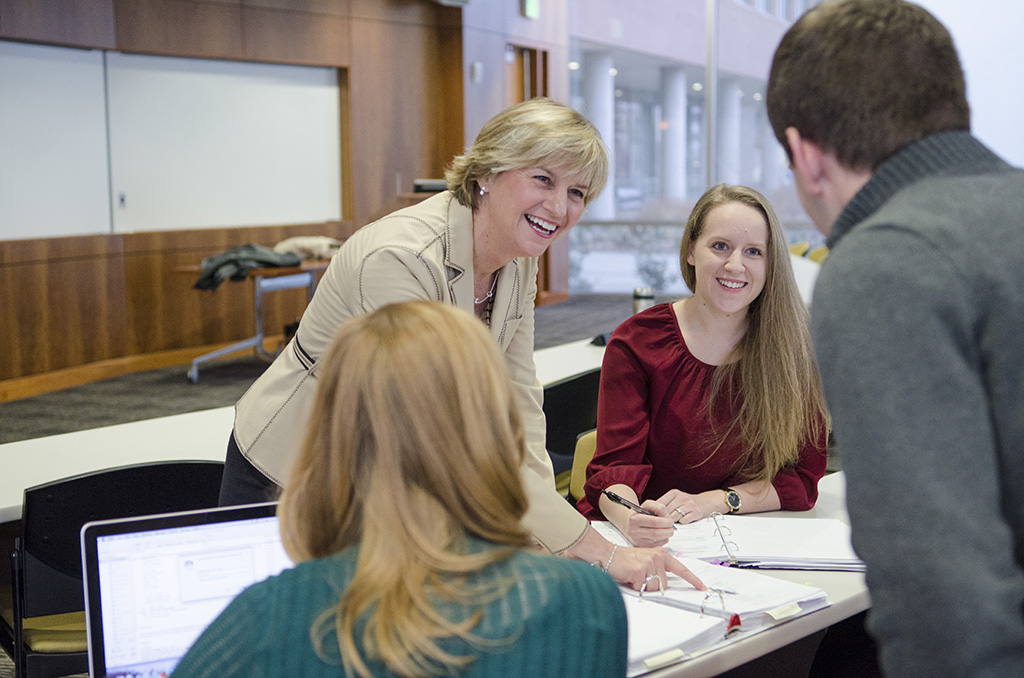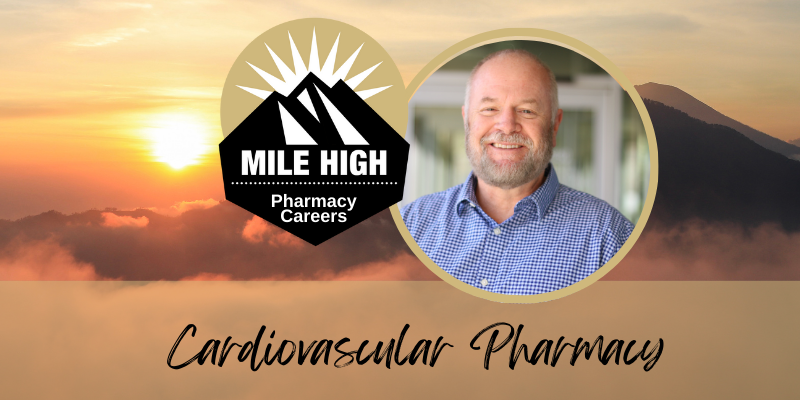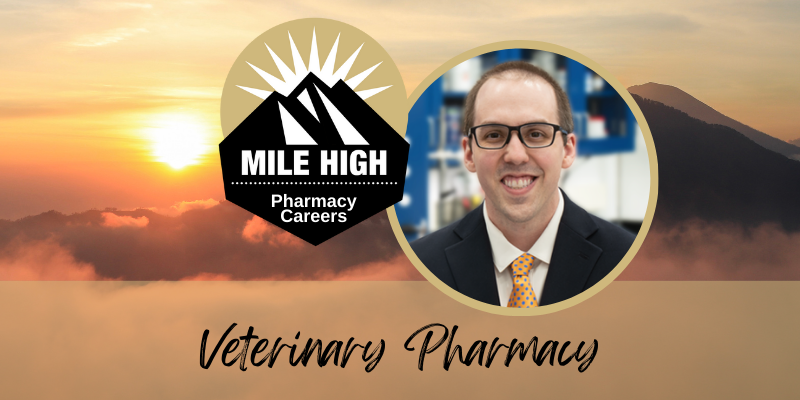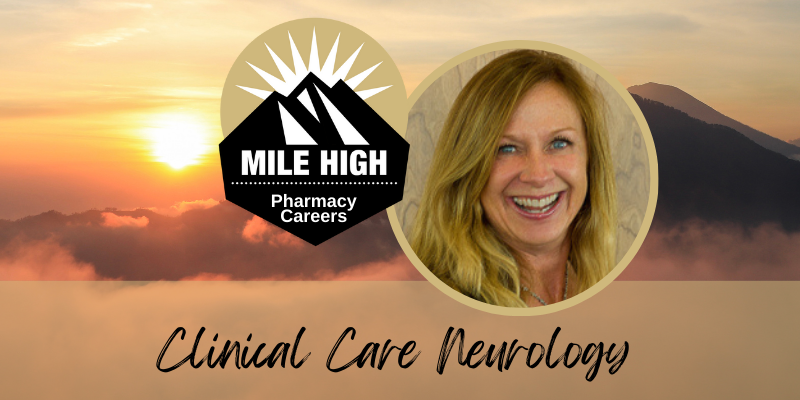According to a recent article in International Educator, "Pharmacy schools on university campuses are balancing various options to deliver the best solutions to influence local and global health." Writer Karen Leggett interviewed several representatives of U.S. pharmacy schools and current students including our very own Dr. Kari Franson, associate dean for professional education, for a piece titled "The Right Prescription for Internationalization."
The piece highlighted seven programs and how pharmacy education is becoming a global affair. The following is an excerpt of the interview with Dr. Franson.
The Right Prescription for Internationalization
The Skaggs School of Pharmacy at the University of Colorado has combined this interest in patient-centered pharmacy with the growing acceptance of online learning into its new International-Trained PharmD program, a pharmacy doctorate accredited by the Accreditation Council of Pharmacy Education (ACPE). "We want to be a Harvard Executive MBA program," says Kari Franson, associate dean for professional education, anticipating only 10 students per year with the first graduates scheduled in 2017. Foreign students are expected to be practicing pharmacists who come to Denver for one month at the beginning of the program, followed by two years of online coursework and ten months of clinical rotations in Denver.
Students continue to work in their own jobs and may complete the program in three to six years on a full- or part-time basis. The Middle East is particularly interested in PharmD, and Skaggs promoted it at DUPHAT, the Dubai International Pharmaceuticals and Technologies Conference. The first three students are Egyptian pharmacists working in Qatar, including Sara Mahmoud, who believes a PharmD from a U.S. institution will open doors professionally for her. "Pharmacists are not just dispensing individuals any more. We are experts in medications. Clinical pharmacy has been shown to reduce costs, reduce hospital stays, and reduce mortality in general." Her initial month in Denver included classes on communication, U.S. pharmacy law, and terminology as well as visits to retail pharmacies, clinics, and hospitals. Mahmoud says the training in patient communication has already improved her clinical skills: "I have learned so much about patient autonomy. In the Middle East, we are accustomed to feeling we know what is best for you as pharmacists; no one tells you a patient has a right to choose something for himself."
Mahmoud will finish her online courses next year and spread her clinical rotations in the United States over two years. Does she feel she is missing anything with lectures offered online rather than in person? Not at all. "I have an established job and career in a very good, high-standard facility. I don't want to lose that. The online program is accredited and I don't feel like I'm missing anything," says Mahmoud. "the online lectures are more convenient; when I finish the slides, I email my questions and the professors answer. The professors are very accessible and helpful. You feel like everybody wants to help you."
Rotations in the International PharmD program meet the same required six-week placements in ambulatory care facilities, internal medicine, and community and institutional pharmacies as those for U.S. students. International PharmD students cover all tuition and fees, though some financial aid is available. Mahmoud calls the program and "eye-opening experience...I will be the phenomenal clinical pharmacist I hope to be."
Rotating Globally
Many pharmacy schools including Skaggs offer fourth year students the chance to elect at least one overseas rotation. Dean Franson says about 10 percent of Skaggs students take advantage of these opportunities, often setting up their own international practice site or choosing a site where Skaggs already has contacts, including Australia, New Zealand, United Kingdom, Netherlands, or Costa Rica. Skaggs students are required to complete three rotations in the United States before going overseas and they are reminded to be flexible, as sites may not be finalized until a few weeks before a rotation begins. Skaggs maintains a partnership in drug development and clinical research with the University of Leiden in The Netherlands, as well as a six-week Spanish rotation in Costa Rica with Common Ground International. Students live with a Costa Rican host family, learn the pharmacy system in Costa Rica, and join an interdisciplinary team to assess public health risks and barriers to care in target communities. The University of Colorado has its own interdisciplinary clinic in Guatemala and the first pharmacy rotations are being offered there in the summer of 2015. "Schools are really demonstrating that global health and outreach can expand to include pharmacy services," says Franson. "Securing a safe supply chain and providing patients with information and care is important."
Read the entire article now.



